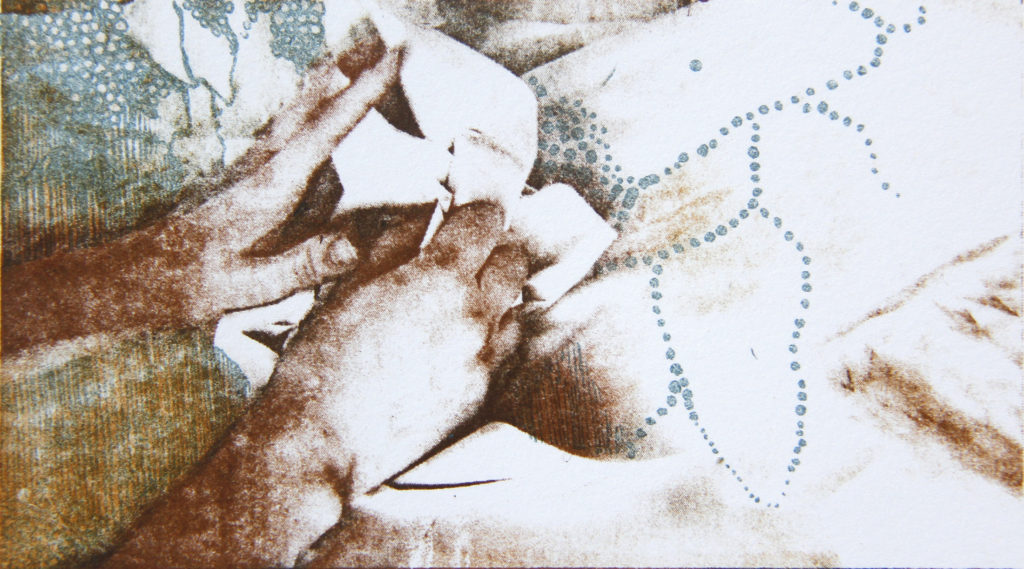A missing piece of the narrative: an interview with Dr. Kelly
November 2020
Many of the stories of those who played significant roles during war are often overshadowed by the tales of soldiers on the front lines. To fill in some of the gaps of what is known about Newfoundland’s First World War contributions, Dr Ursula Kelly, a Research Professor in Memorial University’s Faculty of Education, details the experiences of Newfoundland foresters in Scotland in The Foresters’ Scribe, published by ISER Books. The letters of Regimental Quartermaster Sergeant John A Barrett form the backbone of this work, and coupled with Kelly’s explanatory text and imagery, provide readers with the first compressive account of the Newfoundland Forestry Companies. Kelly uses her interdisciplinary background to breathe life into the story of an often-forgotten group of soldiers, and in doing so, expands the narrative of Newfoundland’s First and Second World War history.
What inspired you to write about the experience of the foresters in Newfoundland during wartime?
This book is the fourth project in a larger research project that began with an exploration of the songs and stories of Newfoundland and Labrador’s woodworkers for a CD project, Mentioned in
Song (MMaP). I found more material than the CD and booklet could contain, which led to the book The Music of Our Burnished Axes, a collaboration with Dr Meghan Forysth and also published by ISER Books. In doing so, it became clear that there were some stories that needed to be pulled out, if you will, and told with more focus and in greater depth.
As a result, Meghan and I produced a travelling exhibit on the First and Second World War foresters as a way to promote public education, here and in Scotland, around a group who had not been well remembered in terms of their service. In doing the First and Second World War foresters’ research, I found very little written about the First World War foresters. I had come across some of the letters of Sergeant John Barrett that had been published in The Evening Herald and The Western Star. On further exploration, I found many, many more. I thought, “This is a story that is crying out to be told.” I felt that these letters needed to be compiled and commented on and added to the other collections of letters and memoirs about war service in Newfoundland and Labrador.
You mentioned foresters are missing from the narrative, and their stories have not sufficiently been told. Why do you think that is?
I think that often, when we think of service, we think of combat service. Specifically, in relation to the First World War, there’s so much focus on Beaumont Hamel and what happened in France and the catastrophic losses there. That focus can be to the exclusion of many other services, including the impact of and the role played by the Royal Naval Reserve, and the Mercantile Navy, as well as other contributions. So, there are many, many stories that have been left in the shadows. The result is a pattern of a fairly singular story, and we’ve not moved into the shadows to look at what else there is. I think it’s important to begin to scrape back that sediment and see what’s behind it.
What was the research process like?
Most of the research for The Foresters Scribe’ is primary research. It’s research using archival documents, original government correspondence, reports, and that sort of thing. The material for this particular book was housed largely at The Rooms and at the Library and Archives Canada in Ottawa. I exhausted all the possibilities in terms of those documents, including a review of each of the more than 500 individual foresters’ service files at The Rooms, because I felt that it wasn’t enough to just compile the letters. I wanted to put the letters in context. And, because the story of the First World War foresters hadn’t been comprehensively told, I wanted to take that opportunity to present its story from formation to demobilization and to capture some of the individual experiences, as well.
In any research, it is always necessary to review the relevant literature – in this case of
Newfoundland’s role in the war and its impact. Because I was talking about letters, I also did research on letter writing and the role it had played in the First World War in particular. The First World War was really the first time there was a level of worldwide literacy, so letter writing had a significant impact in maintaining contact between soldiers and their homes and providing first-hand accounts of war experience.
Ashley Sheppard is a Memorial University student who is working on her BA in Communication Studies. She has a diploma in Journalism from the College of the North Atlantic, and currently works as a publications assistant for ISER Books.
(The Foresters’ Scribe is now available: 354 pages, softcover, $27.95 https://www.hss.mun.ca/iserbooks)




